Content
- What is diesel fuel
- Where to find diesel
- Large Quarry (Giant Excavator): Launch, Radiation, Extraction
- How many resources from 1 diesel: tables
- Sulfur quarry: how it works and how much it produces
- "Smart Home" at the Quarry: What Can Really Be Automated
- FAQ
What is diesel fuel
Diesel fuel is needed to operate the Giant Excavator , quarries (stone, sulfur, MWC) and the pump tower (Pump Jack) . It cannot be crafted or studied: canisters are mined at locations and bought in the Peaceful City. The maximum stack is 20. One canister rotates the excavator for about 2 minutes . In an hour, ≈ 30 canisters will be used.
Where to find diesel
Reliable methods:
- Peaceful City (Outpost): Purchase for 300 Low Quality Fuel per canister.
- Spawns on monuments: Sphere (2 points), Dump (≈2–3), Small and Large Oil Rigs (≈2 and ≈3). Also found on large "radtown" monuments. Respawn timers are short.

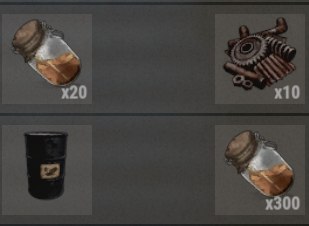
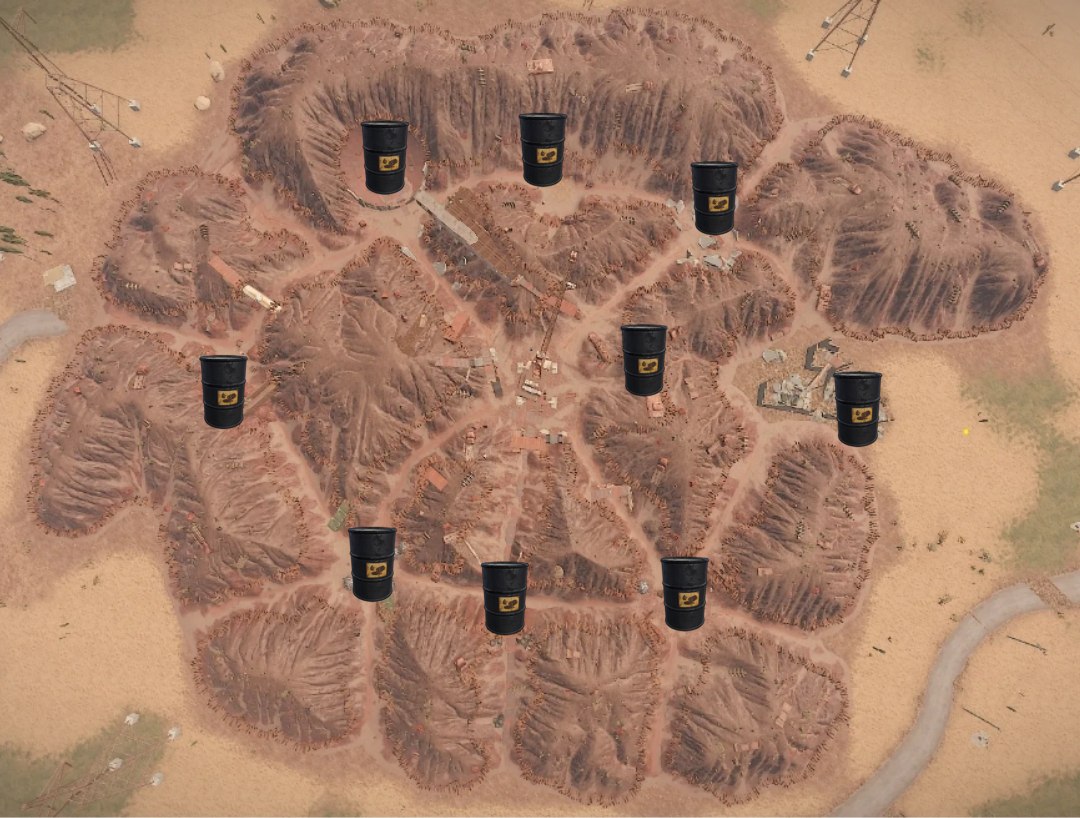
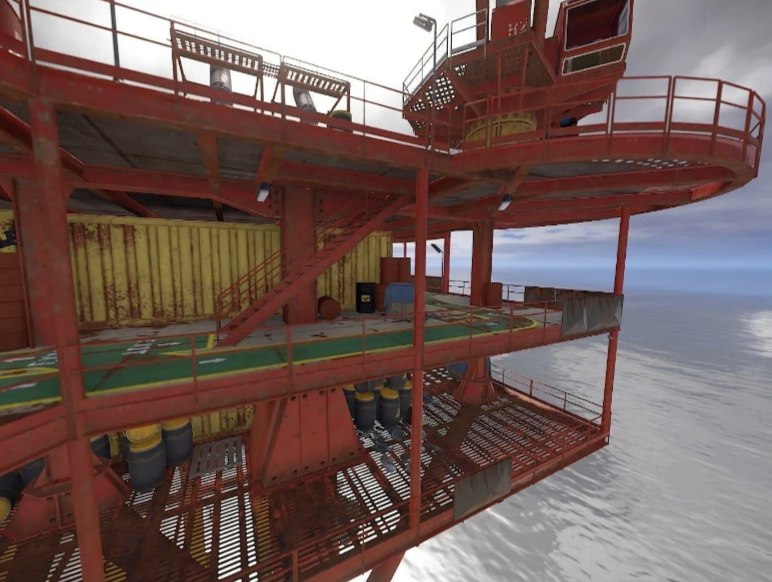
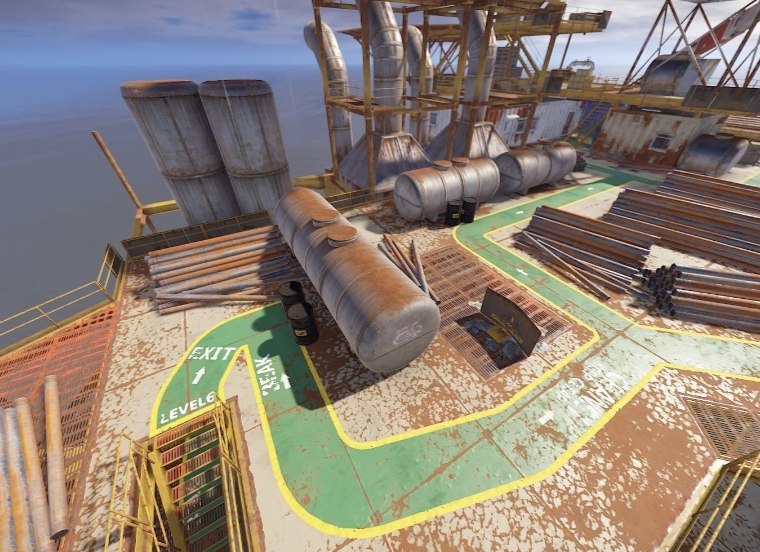
Large Quarry (Giant Excavator): Launch, Radiation, Extraction
How to launch
- Clear out the scientists on the monument grounds.
- Go up to the engine room, insert the diesel into the fuel tank.
- Turn on the engine and select the resource type on the control panel.
- Collect resources from two drop points on either side of the boom.
Radiation
Radiation is low throughout the area. For most points, ~11% protection is enough (a burlap set will do), but hazmat is more reliable, especially closer to the engine.
How many resources from 1 diesel: tables
Giant excavator
| Mode | Output from 1 diesel | Time |
|---|---|---|
| Stone | 10,000 stones | ~2 min |
| Metal | 5,000 metal fragments | ~2 min |
| Sulfur | 2,000 sulfur ore | ~2 min |
| MVC | 100 high quality ore | ~2 min |
The numbers correspond to the official production buff of the excavator.
Quarries on the map (stone, sulfur, MVK)
| Quarry type | Output from 1 diesel | Time |
|---|---|---|
| Stone quarry | 5000 stone + 1000 metal ore | ~2 min 10 sec |
| Sulfur quarry | 1,000 sulfur ore | ~2 min 10 sec |
| MVK quarry | 50 MVK ore | ~2 min 10 sec |
Stats for public monument careers; may vary on mod servers.
Sulfur quarry: how it works and how much it produces
The Sulfur Quarry is a monument with a permanent extraction point. The player brings a diesel, starts the installation and gets a stable ~1,000 sulfur ore for 1 diesel in ~2 minutes. At the start of the raid, this is enough for gunpowder and C4, and in a "long" game it is more profitable to alternate extraction on the excavator (2,000/diesel) and at the quarry itself, so as not to be seen by the entire server.
Short instruction
- Bring the required number of canisters.
- Insert diesel into the tank and activate.
- Defend the point: the noise is low, but players often check the monument.
"Smart Home" at the Quarry: What Can Really Be Automated
Quarries and the excavator do not have their own power ports. Automation concerns your base nearby: power from solar panels and batteries, motion sensors, sirens, turrets, smart switches and Rust+ notifications on the phone. This helps to hold the point while the quarry is working. Practice a separate loot room and a bunker door on the exit to the monument.
FAQ
How many resources does 1 diesel engine provide on an excavator?
Stone - 10k, metal - 5k fragments, sulfur - 2k ore, MWK - 100. ~2 minutes per canister.
How much does a large quarry produce per hour?
Approximately 30 canisters will burn in an hour (2 minutes per canister). Multiply the numbers from the table by 30.
How much radiation is there in a large quarry?
Low. Aim for about 11% protection; hazmat covers the entire area.
Where is the fastest place to assemble a diesel engine?
Purchase at Outpost for 300 TNK and quick runs through the Sphere, Dump and oil rigs.
Important: the numbers are valid for vanilla servers. On mod projects, admins often change the rates of production and spawn. Check the server rules.
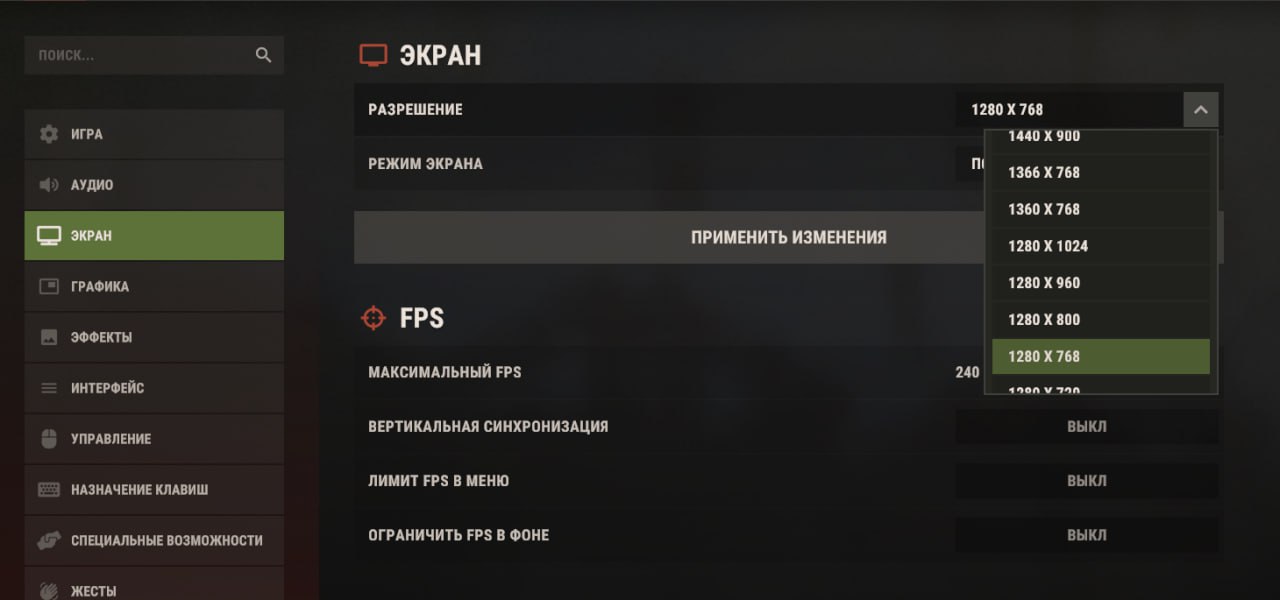



Comments (2)